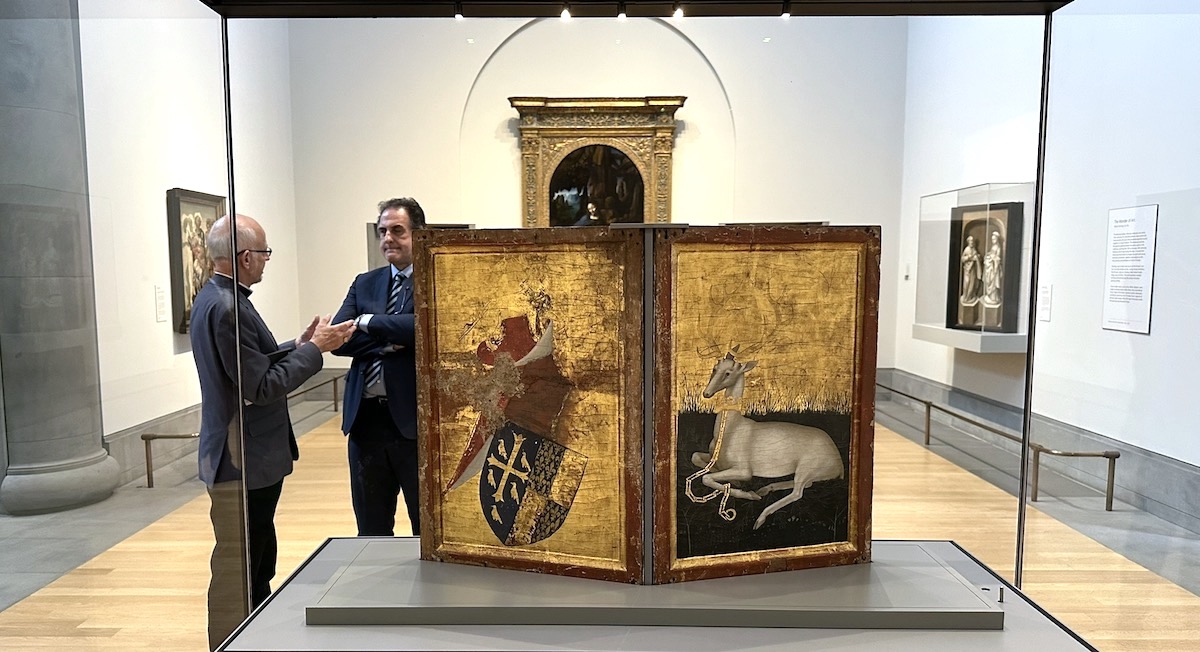England’s long-awaited hotel levy (tourist tax) — a small charge added onto the end of a bill — suddenly looks to be edging towards legislation. An announcement will likely be made in tomorrow’s Budget.
The Cultural Policy Unit (CPU), a think tank that’s been quietly pushing for the notion for years, can finally see light at the end of a tunnel for a tax that benefits us all. They’re calling on the government to pledge to hand regions the power to introduce a visitor charge. This is potentially transformative, comparing it to the early days of the National Lottery. Big talk, yes, but they’ve run the numbers: more than £1.2 billion a year could flow back into cultural infrastructure if the scheme is handled correctly.
The CPU has reason to be ecstatic. Their March 2025 report laid out a fairly simple truth: tourists don’t just come to the UK for the excellent service industries we provide — they come for culture, heritage, museums, galleries, libraries, music, theatre and architecture. And yet the places that make the UK compelling are starved of money, under local authority cuts that never quite stopped cutting.
A modest levy — 3% to 5%, they suggest, applied across all accommodation — would mean higher-end hotels shoulder more of the burden, and grassroots venues finally get a look-in. But only if the revenue is ringfenced and genuinely additional, not a quiet replacement for existing budgets.
It’s no longer a fringe idea. Last summer, six mayors representing more than 21 million people — from Liverpool to London to the West Midlands — lined up behind the proposal, arguing it could break the endless cycle of begging central government for crumbs. Manchester already took the plunge successfully in 2023 with a workaround “city visitor charge,” followed soon after by Liverpool. However, both had to rely on Business Improvement District structures because England didn’t have the legal mechanism. Scotland and Wales do; England has been the odd one out until now.
And then there’s the simple matter of global reality. More than 40 countries already do this — Germany, Italy, Canada, France. Tourists grumble a bit, then pay. A Manchester survey even found that 70% of visitors were willing. The trick, says the CPU, is designing it with hospitality on board so it’s a “win-win” instead of another hospitality-sector headache.
Backers for the levy are lining up faster than anyone expected, and not just the usual policy wonks. Alison Cole, who leads the CPU, didn’t bother with the soft-focus language that normally cushions these announcements. A small add-on to a hotel bill, she said, “could be as transformative for culture as the Lottery.” It lands with a thud because it’s true. Britain has been running on the residual glow of its cultural past for years, patching cracks, repainting over damp spots, hoping no one looks too closely at the scaffolding.
A dedicated pot of money — even a modest one — could finally steady the museums and libraries that have been patched together with goodwill, emergency grants, and sheer stubbornness. And maybe, just maybe, it gives those fragile creative districts and community venues a fighting chance, rather than another year of treading water.
Playwright James Graham struck a more personal note, saying he often pays such levies abroad without thinking twice. “They have only a small impact on visitors but can make a huge difference in regenerating places where the public realm has been diminished,” he said. It’s rare to hear cultural policy and hope in the same sentence, but there it was.
Economist Andy Haldane pushed the conversation into starker territory. Britain, he said, has “systematically under-invested” in its cultural life and then tied the hands of the very local leaders who might have fixed it. His prescription — a city tourism tax that could “solve these problems at a stroke” — sounds almost too neat, the sort of line that begs for an asterisk. Still, the urgency behind it is hard to shrug off.
Meanwhile, the Cultural Policy Unit—still a relatively fresh presence in the policy ecosystem—finds itself oddly central to the moment. Its research keeps popping up in budget briefings, in Labour’s arts strategy documents, even in last year’s Fabian pamphlet ‘Arts for Us All’.
The same uncomfortable truth the sector has quietly muttered for years: the cultural infrastructure is creaking, loudly now, and no one wants to be the one to say out loud who’s supposed to foot the bill.
Now, at least, the conversation has begun. Whether the levy becomes the cultural lifeline the CPU imagines depends on how England writes its rules — and whether the government resists the temptation to tuck the proceeds into unrelated budget gaps. For now, though, the possibility of £1.2 billion a year for culture has jolted the sector awake. And that alone feels like news. All eyes are on tomorrow! – PCR © Artlyst 2025

